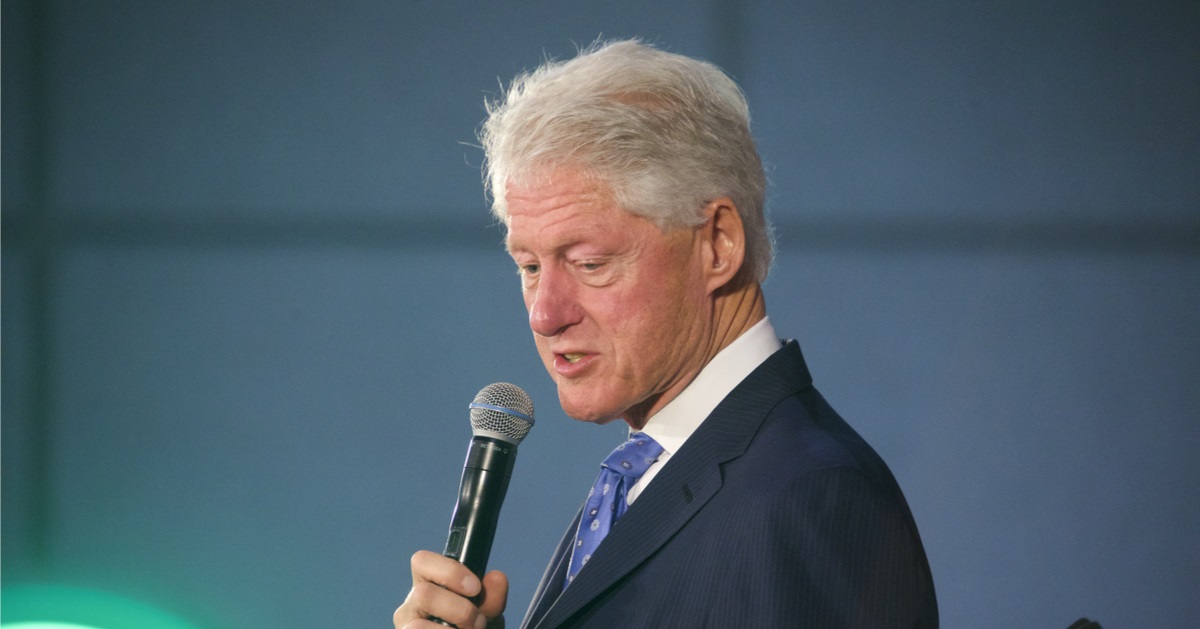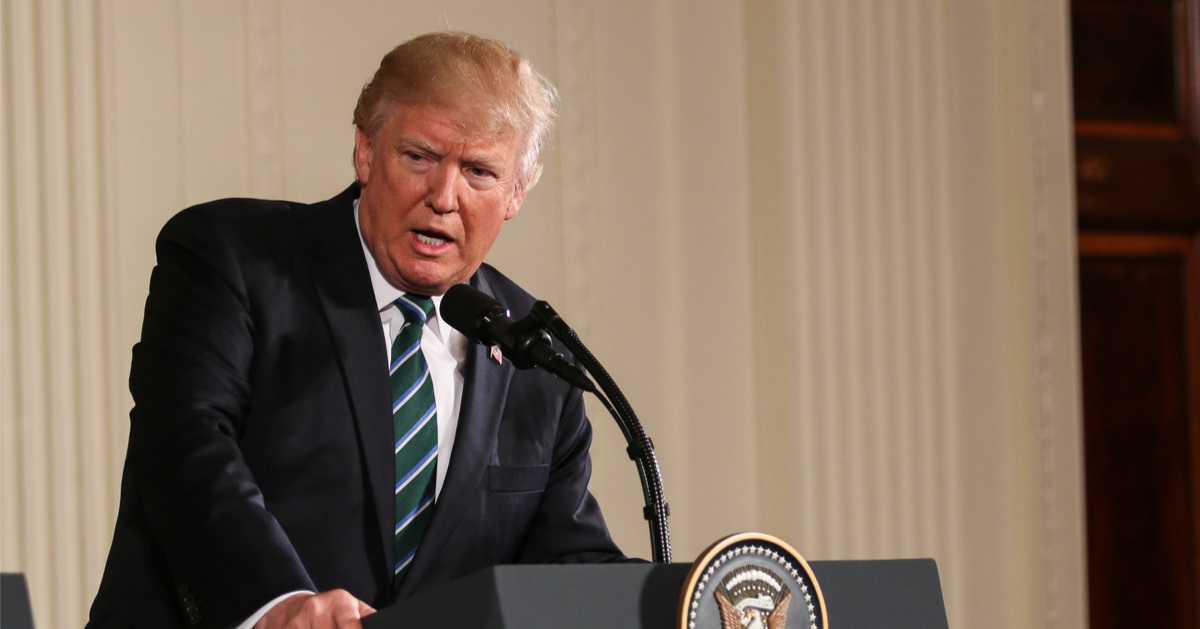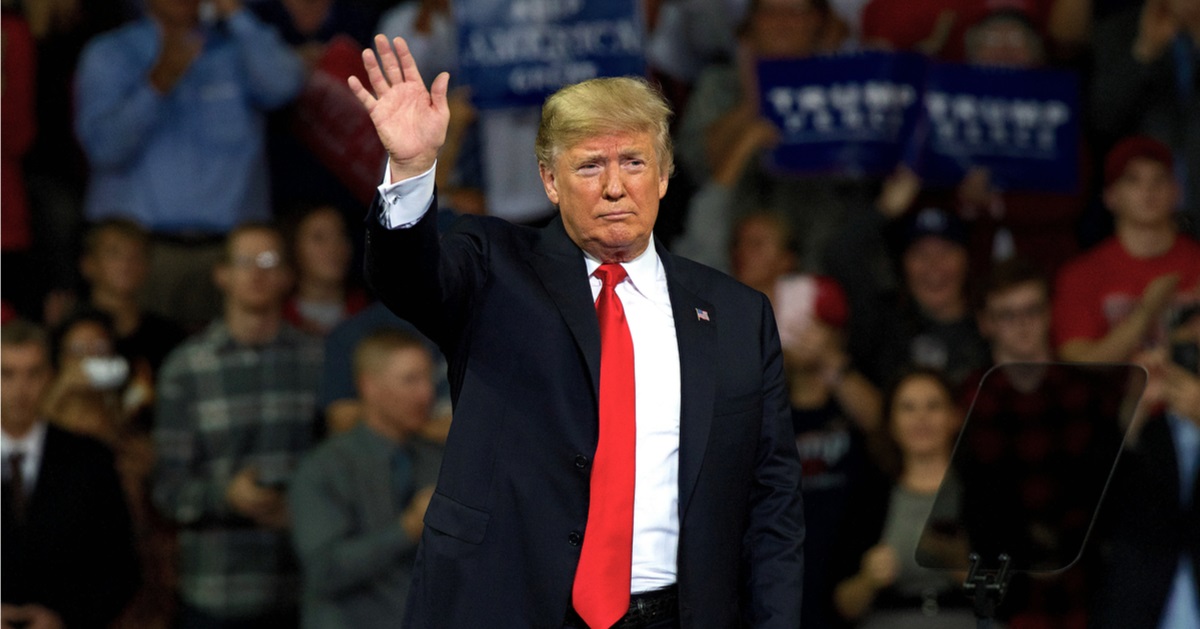Critics blast federal judge's order halting deportation of over 60,000 migrants from three nations
A federal judge's decision to compare ending temporary immigration protections to the transatlantic slave trade has sparked sharp backlash from legal experts and conservatives alike, according to the New York Post.
U.S. District Judge Trina Thompson, appointed by President Biden, issued an order stopping the removal of Temporary Protected Status for more than 60,000 migrants from Honduras, Nicaragua and Nepal, delaying the Trump administration's revocation until a November hearing while citing racial motivations and potential hardships.
Temporary Protected Status originated for Hondurans and Nicaraguans after Hurricane Mitch devastated both countries in 1998, claiming nearly 7,300 lives.
Judge's Ruling Draws Fire for Historical Analogy
Nepal joined the program in June 2015 following a 7.8 magnitude earthquake that hit just 50 miles from its capital, Kathmandu.
Homeland Security Secretary Kristi Noem revoked these protections in June and July, providing a plane ticket and $1,000 exit bonus for those who choose to self-deport promptly.
The protections for Nepalese migrants were scheduled to end on Aug. 5, with Honduran and Nicaraguan participants facing removal the next month.
Origins of TPS Program Under Scrutiny
Judge Thompson's order paused these changes until Nov. 18, when she plans to hold a hearing on the administration's decision.
She highlighted the severe hardships migrants would encounter if returned home, arguing the revocation was driven by racial animus and wrongly associated them with rising crime.
Thompson even drew a parallel between the policy and the transatlantic slave trade, a comparison that strikes many as a stretch too far in judicial reasoning.
Critics Question Ruling's Legal Foundation
"The freedom to live fearlessly, the opportunity of liberty, and the American dream. That is all Plaintiffs seek," Thompson wrote. "Instead, they are told to atone for their race, leave because of their names, and purify their blood. The Court disagrees."
While empathetic to the plaintiffs' plight, this rhetoric veers into hyperbole, overshadowing the temporary nature of the program and inviting questions about impartiality in the courtroom.
Harvard Law professor Adrian Vermeule mocked the order, saying it equated repealing TPS to "something something the Atlantic slave trade," calling it an example of a ruling no reasonable president should respect.
Backlash Highlights Judicial Overreach Concerns
Vermeule's zinger underscores a broader conservative frustration with judges who seem to prioritize personal views over statutory limits, though one must acknowledge the human stakes involved.
Will Chamberlain, senior counsel at the Article III Project, criticized Thompson for ignoring a statutory bar to hearing the case, labeling the ruling ridiculous beyond its odd historical reference.
Chamberlain's point politely reminds us that even well-intentioned decisions must adhere to legal boundaries, lest they erode trust in the judiciary.





